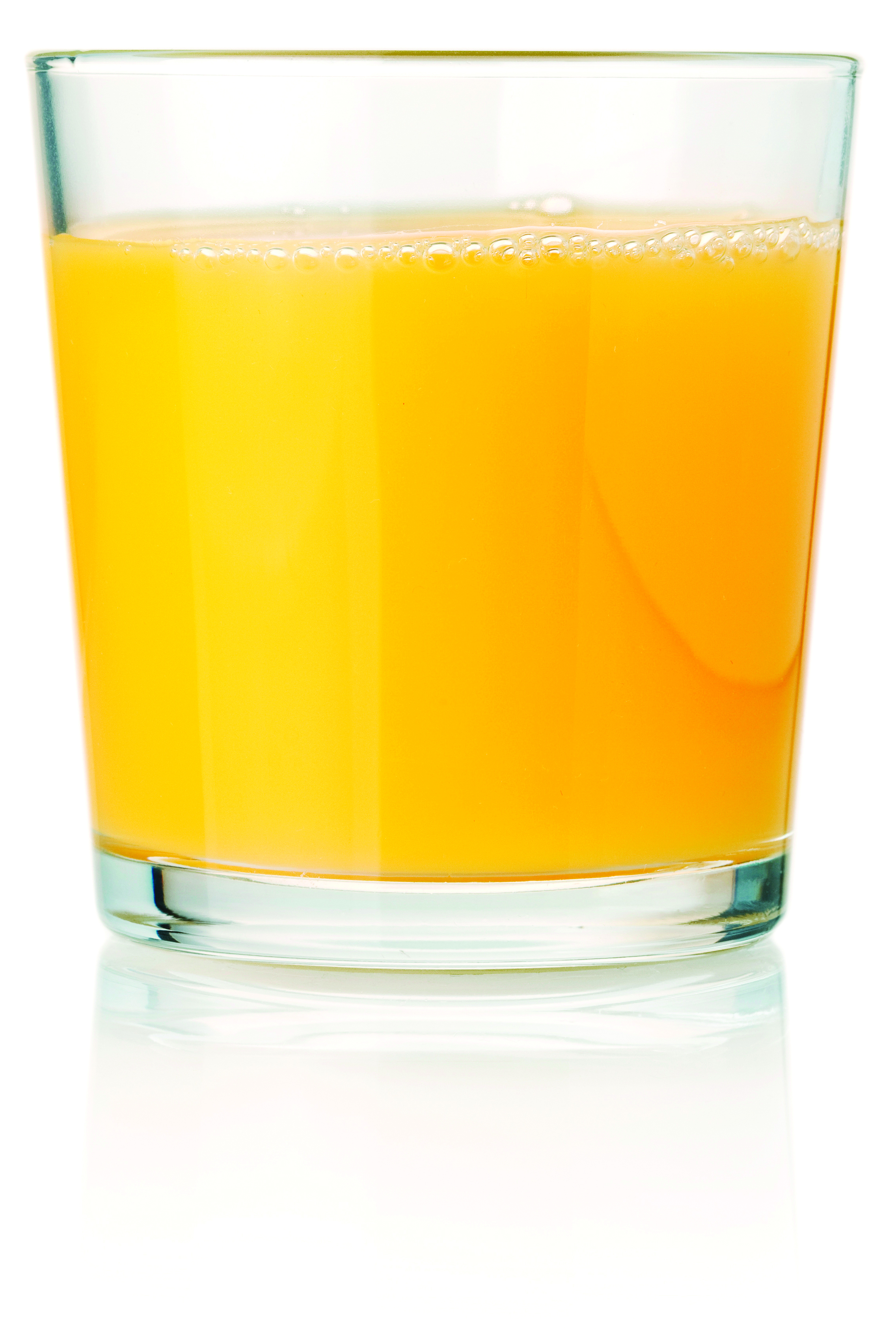 Fruit juice has received a lot of media attention recently, so I wouldn’t be surprised if you’re feeling a little confused about whether you should be giving your children juice as part of a healthy, balanced diet. You may have questions on what sugars fruit juices contain, how much and how often kids should be drinking juice and which juices are the most nutritious. I hope these responses address some of the queries you might have.
Fruit juice has received a lot of media attention recently, so I wouldn’t be surprised if you’re feeling a little confused about whether you should be giving your children juice as part of a healthy, balanced diet. You may have questions on what sugars fruit juices contain, how much and how often kids should be drinking juice and which juices are the most nutritious. I hope these responses address some of the queries you might have.
At what age can I start to introduce juice into my baby’s diet?
Fruit juice can be introduced into a baby’s diet after six months, but at this age I’d recommend diluting it with water to a ratio of about one part juice to ten parts water.
How much juice should kids be drinking as a guide?
One small glass (approximately 150ml) of 100 per cent fruit juice will count as one of their recommended five portions of fruit and/or veg a day and we know that many children (and adults) struggle to reach this minimum target. In fact, only ten per cent of boys and seven per cent of girls aged 11 to 18 reach their five a day. Fruit juice also contains other important vitamins and minerals like vitamin C, potassium and folate.
Is there a best time of day to give children juice?
The best time of day is with meals, particularly with meals based on plant foods such as fortified cereals, some beans, lentils and spinach as the vitamin C in juice helps the body to absorb iron from these sources. Iron is a mineral which is important for healthy blood. Research shows that females in particular have low intakes of iron and 46 per cent of girls aged 11 to 18 do not meet minimum dietary requirements.
Does juice contain added sugars which are bad for kids’ teeth?
Look for 100 per cent pure unsweetened juices as they only contain naturally occurring sugars from the fruit – some juice drinks do contain added sugars. Studies have shown that the dental health impact of drinking fruit juice is no different to eating whole fruit or dried fruit when consumed at the same level of frequency. As with all foods and drinks which contain fermentable carbohydrate including sugars, juice should be consumed in moderation to help reduce risk of dental health issues. It can be a good idea to dilute juice and give it to your kids with a straw as this helps to reduce contact between juice and the teeth. Encourage them not to swish it around their mouths and ensure your kids brush their teeth at least twice a day and have regular dental check-ups.
Will drinking juice lead to weight gain?
Weight gain is a result of an imbalance between energy intake and energy expenditure. An excess of total calories (from any food or drink source), which if not balanced with sufficient physical activity, can lead to weight gain. A small (150ml) glass of 100 per cent fruit juice contains between 60 to 80 Calories depending on the type you choose, but it also provides other important nutrients and will count as one of their five a day. Research in both the UK and US has indicated that drinking juice is not independently associated with being overweight or obese in adults or children, however juice should be consumed in moderation and as part of a varied and balanced diet.
Is juice as good as whole fruit and veg?
Juice contains less fibre than whole fruit and veg therefore it can only be counted as one of your five a day regardless of how much you or your kids drink, however it has a similar range of vitamins, minerals and phytochemicals. Different fruits and vegetables contain different vitamins and minerals, which all form part of a balanced diet, so it's important to encourage your kids to enjoy a variety of foods and beverages.
Which fruit juice is the most nutritious?
All 100 per cent fruit juices will count as one of your five a day, but the vitamins and minerals they contain differ slightly depending on the fruit variety. A recent study found that orange juice and other citrus juices like grapefruit are the most nutrient rich juices. Orange juice is an excellent source of vitamin C which helps maintain a healthy immune system and healthy skin and gums. It is also a source of folate (a B vitamin) which helps reduce tiredness and fatigue and potassium which is needed for normal muscle function and for the nervous system as well as helping to maintain a healthy blood pressure.
What’s the difference between not-from-concentrate juice and juice made from concentrate?
For most people it is a question of personal preference and taste. Juice from concentrate has water removed at source (i.e. where the fruit is harvested and processed) and then it’s added back later on. Some people believe that juice which is not from concentrate has a better flavour than juice which is made from concentrate.
Fiona Hunter has a BSc (Hons) Nutrition degree and a postgraduate diploma in Dietetics from Kings College London. She worked as a registered dietitian in the NHS for seven years and for the last 15 years has worked as an independent nutrition consultant, writer and broadcaster.